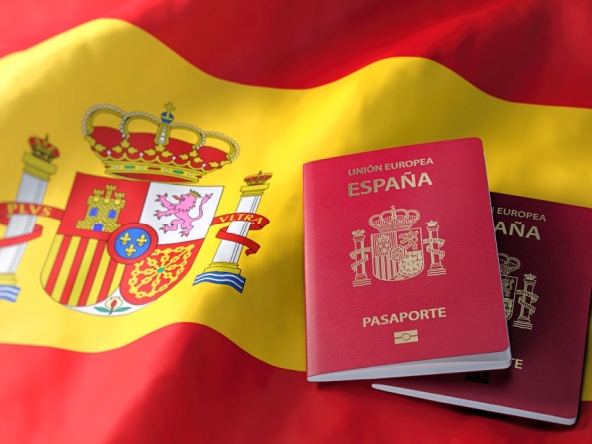A new digital nomad visa allows non-EU citizens to live and work somewhere for a maximum of five years may soon be introduced by Spain.
If the plan is accepted, Italy, Greece, and Croatia would join a number of other European countries that have recently implemented some type of programme for digital nomads.
According to Economic Affairs Minister Nadia Calvio, the goal was to "attract and retain foreign and national talents by assisting remote workers and digital nomads set up in Spain" when the plans were originally made public back in January.
Spain is already a well-liked location for remote workers, thanks to its fast internet, low cost of living, and abundance of mild weather.
How therefore may living and working in the nation be made simpler and more affordable by the new digital nomad visa?
Who will be eligible to apply for a digital nomad visa in Spain?
The programme will reportedly be available to employees who work remotely for non-Spanish businesses, though specifics are still being worked out. The percentage of one's income that can come from Spanish companies while applying for a digital nomad visa is limited to 20%.
The applicants must be citizens of countries outside than the European Economic Area. Additionally, they must be able to show that they've been working remotely for at least a year, have an employment contract, or, if freelancing, have been consistently hired by an organisation outside of Spain.
Anyone interested in participating in the digital nomad programme must demonstrate that they make enough money to support themselves, which is often approximately €2,000 per month, and they must have a local address.
Whether candidates will need to submit to a criminal history check is not yet known.
How long can digital nomads live there legally?
Spanish visas for digital nomads would initially be available for 12 months, according to official sources. Depending on their conditions, remote employees may thereafter be able to extend their stay for up to five years.
The visa holder's close relatives, such as children and spouses, will also be permitted to travel with them.
Will there be tax breaks for digital nomads in Spain?
As part of the visa programme, Spain is anticipated to provide tax incentives to digital nomads who work and reside there.
If current proposals are implemented, remote employees may only be required to pay a tax rate of 15% for the first four years of their stay, as opposed to the standard tax rate of 24%.





